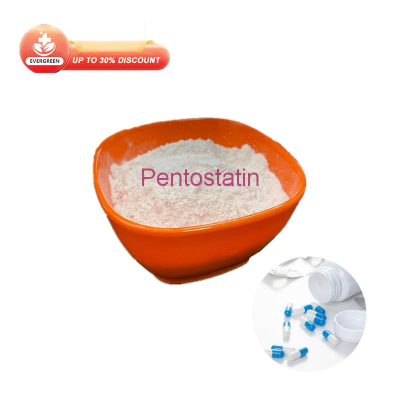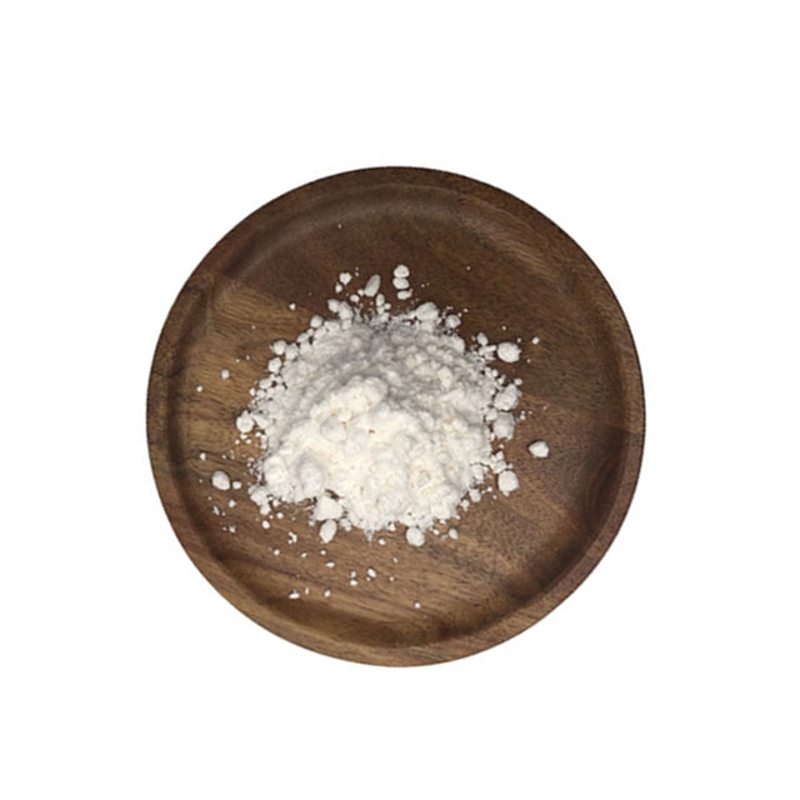-
Categories
-
Pharmaceutical Intermediates
-
Active Pharmaceutical Ingredients
-
Food Additives
- Industrial Coatings
- Agrochemicals
- Dyes and Pigments
- Surfactant
- Flavors and Fragrances
- Chemical Reagents
- Catalyst and Auxiliary
- Natural Products
- Inorganic Chemistry
-
Organic Chemistry
-
Biochemical Engineering
- Analytical Chemistry
- Cosmetic Ingredient
-
Pharmaceutical Intermediates
Promotion
ECHEMI Mall
Wholesale
Weekly Price
Exhibition
News
-
Trade Service
Cancer is a major disease characterized by mutations or other changes in the genome that cause cell growth to be uncontrolled.
can have hundreds to thousands of mutations, but only a few are critical to their ability to cause tumors.
these key mutations affect the function of cancer-driven genes.
finding genes with this cancer-driven mutation is one of the main goals of cancer research.
recently, the research team of the Institute of Science and Technology in Barcelona, Spain, published a paper entitled: A compendium of mutational cancer driver genes in the journal Nature Reviews Cancer.
identified 568 cancer-driven genes by analyzing the genomes of 28,076 tumor samples from 66 cancers.
is by far the most complete panoramic view of the cancer-driven gene.
current research data has been updated on the IntOGen platform.
researchers performed extensive computational analysis of 28,076 tumor samples from 66 cancers and identified 568 cancer-driven genes.
these key genes play a specific role in regulating cell growth, cell cycles, and DNA replication.
mutations in these genes give malignant cells the ability to multiply rapidly and endlessly, evade the immune system and other defense systems, spread and attack other tissues, and change the environment for their own benefit.
identified the 568 cancer-driven genes, the researchers observed that most genes were highly specific and that their mutations triggered only a few tumor types.
However, there are also a small number of cancer-driven genes that are powerful, TP53, PIK3CA, KMT2C, ARID1A, KMT2D, LRP1B, PTEN, RB1, FAT4, KRAS, each of which can cause more than 20 different types of cancer, the most exaggerated of which is the famous TP53 gene, which causes more than 50 types of cancer.
although researchers have recognized that cancer-driven genes are specific to varying degrees since they were first discovered, with this cancer-driven gene map, the problem can be solved without bias.
previous studies have shown that cancer is caused by an average of four key cancer-driven genes on average.
some tumors are caused by only one genetic mutation, while others, such as colorectal cancer and uterine tumors, can be caused by more than 10 genetic mutations.
, other genomic changes, such as structural mutations, changes in the number of copies of genes, and mutations in the non-coding regions of the genome, also contribute to tumor occurrence.
before cancer genomics began, scientists identified dozens of cancer-driven genes, and over the next two to three decades, scientists have been studying and mapping their function.
, scientists have discovered hundreds of cancer-driven genes in less than two decades since sequencing the first tumor genome.
advances in DNA sequencing and the development of bio-informational methods have led to faster and faster detection of cancer-driven genes.
also led to a huge knowledge gap between the number of cancer-driven genes and the number of cancer-driven genes that humans have already indicated.
This also means, to some extent, that the rapid and comprehensive analysis of these 568 cancer-driven genes driving the development of tumors, narrowing these knowledge gaps, cancer genomics research in the short term is a major challenge and direction of efforts.
, leader of the study, said: "The compilation of cancer-driven genes provides critical knowledge for cancer researchers in clinical and basic research and has important implications for clinical decision-making.
If we know that tumor carcinogenicity depends on a specific protein, researchers can treat cancer with approved targeted therapies, such as antibodies or other inhibitors that block its function.
"







